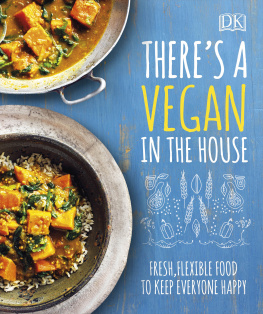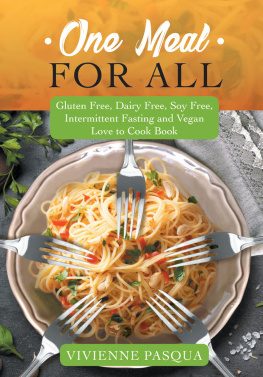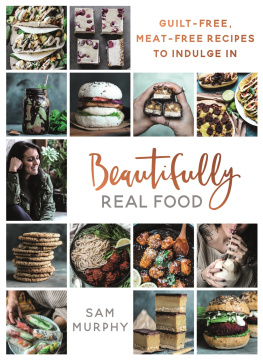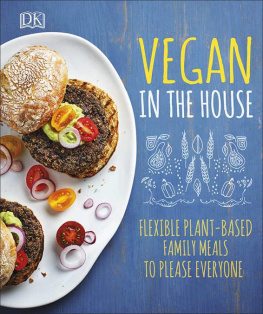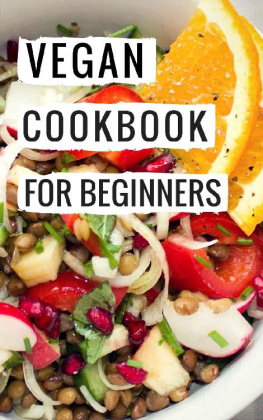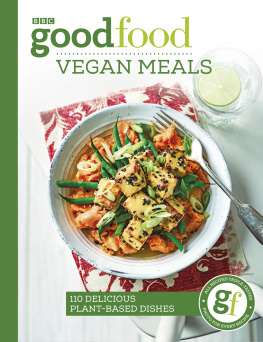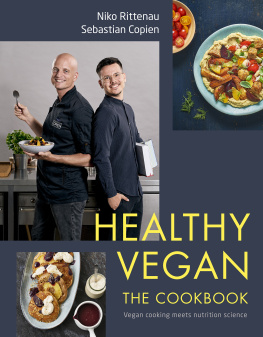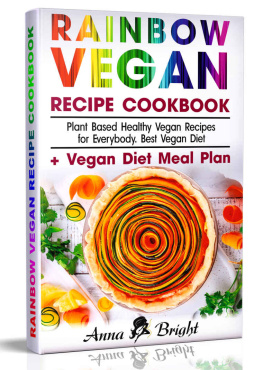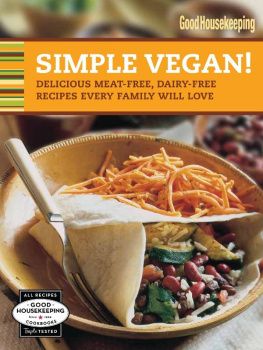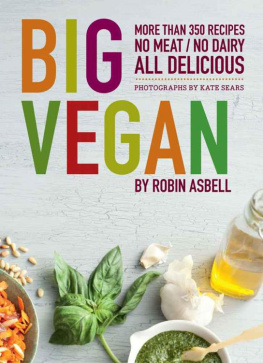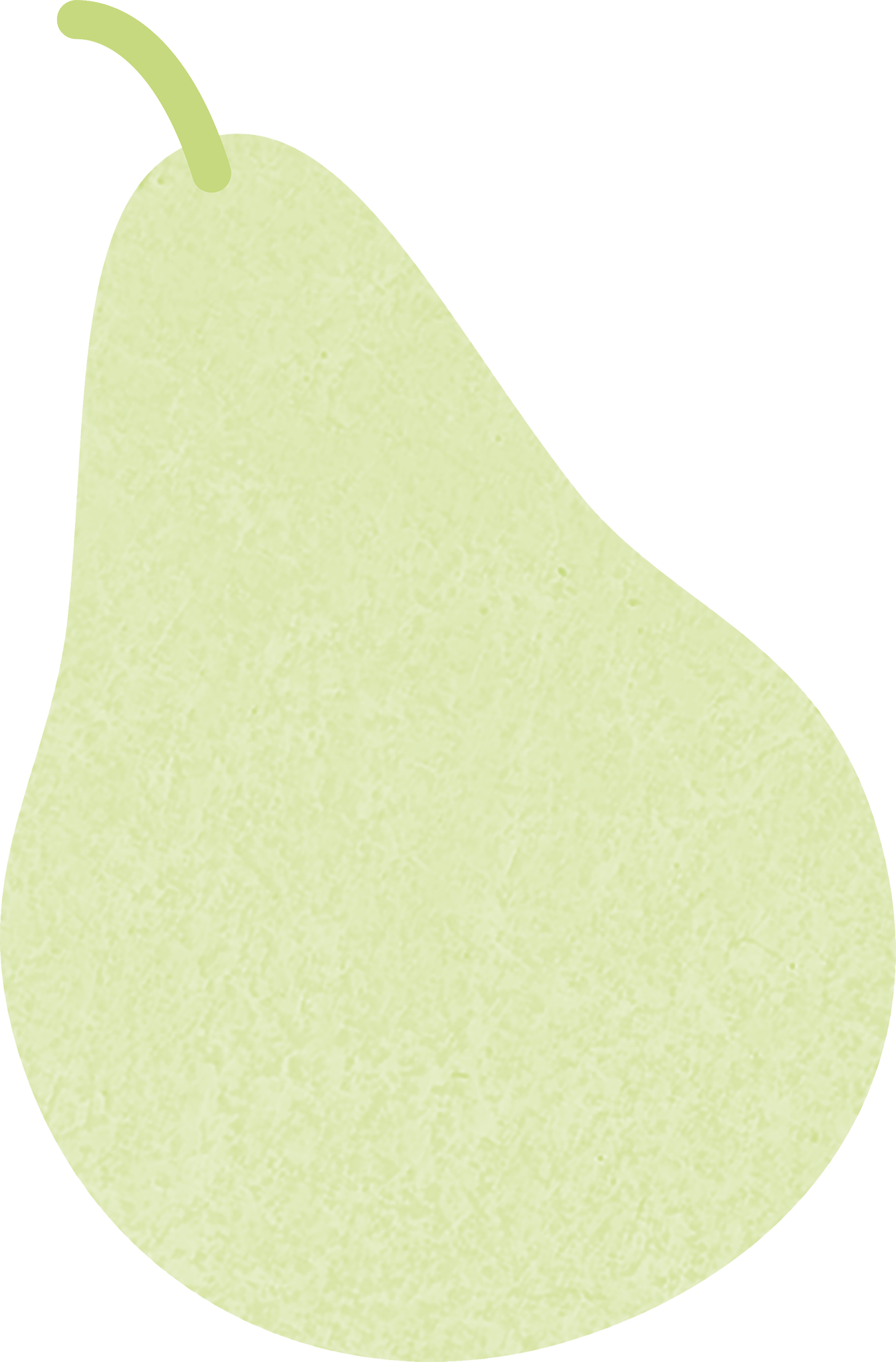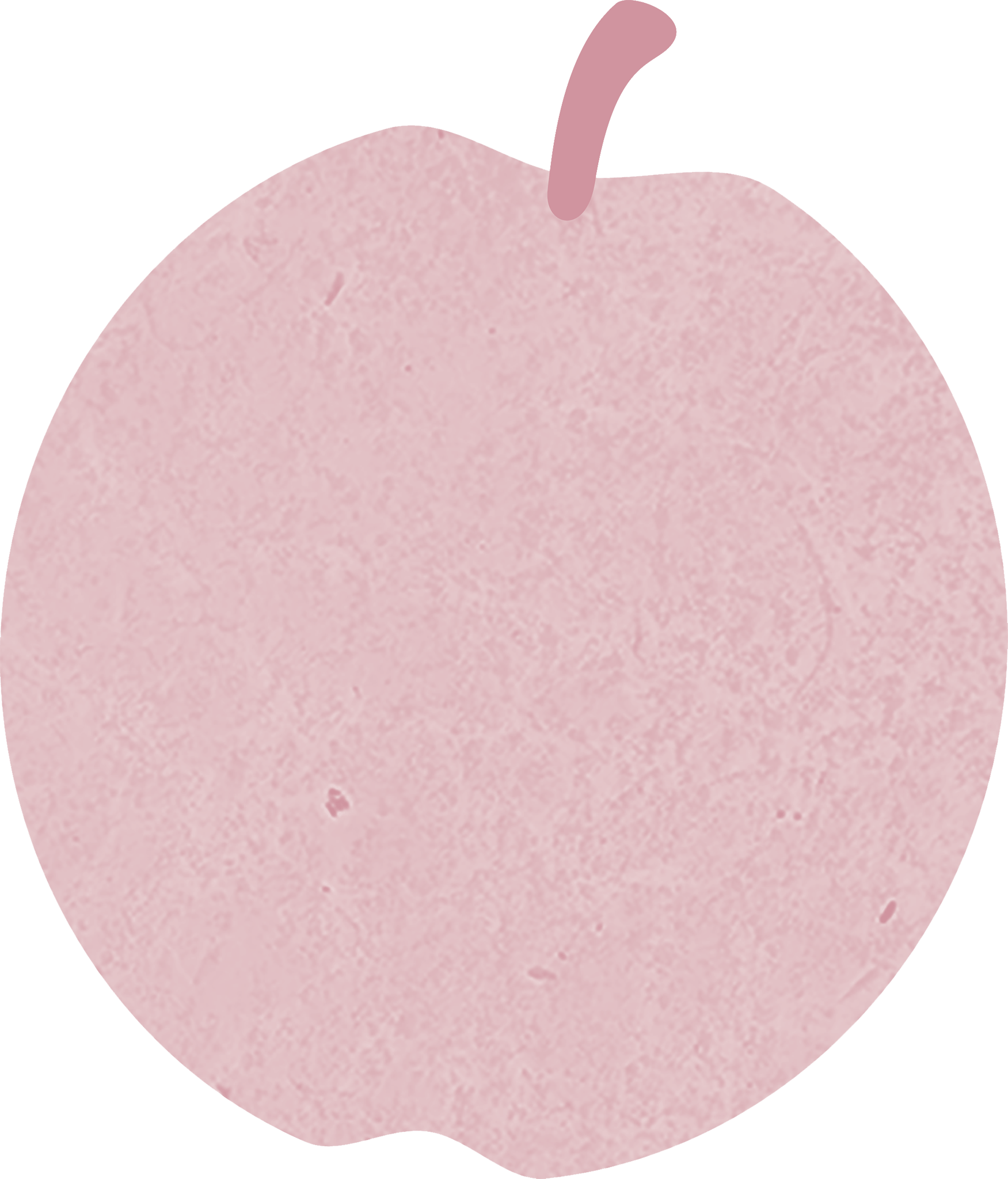Contents
Guide
HOW TO USE THIS EBOOK
Preferred application settings For the best reading experience, the following application settings are recommended:
- Colour theme: White background
- Font size: At the smallest point size
- Orientation: Landscape (for screen sizes over 9), Portrait (for screen sizes below 9)
- Scrolling view: [OFF]
- Text alignment: Auto-justification [OFF] (if the eBook reader has this feature)
- Auto-hyphenation: [OFF] (if the eBook reader has this feature)
- Font style: Publisher default setting [ON] (if the eBook reader has this feature)
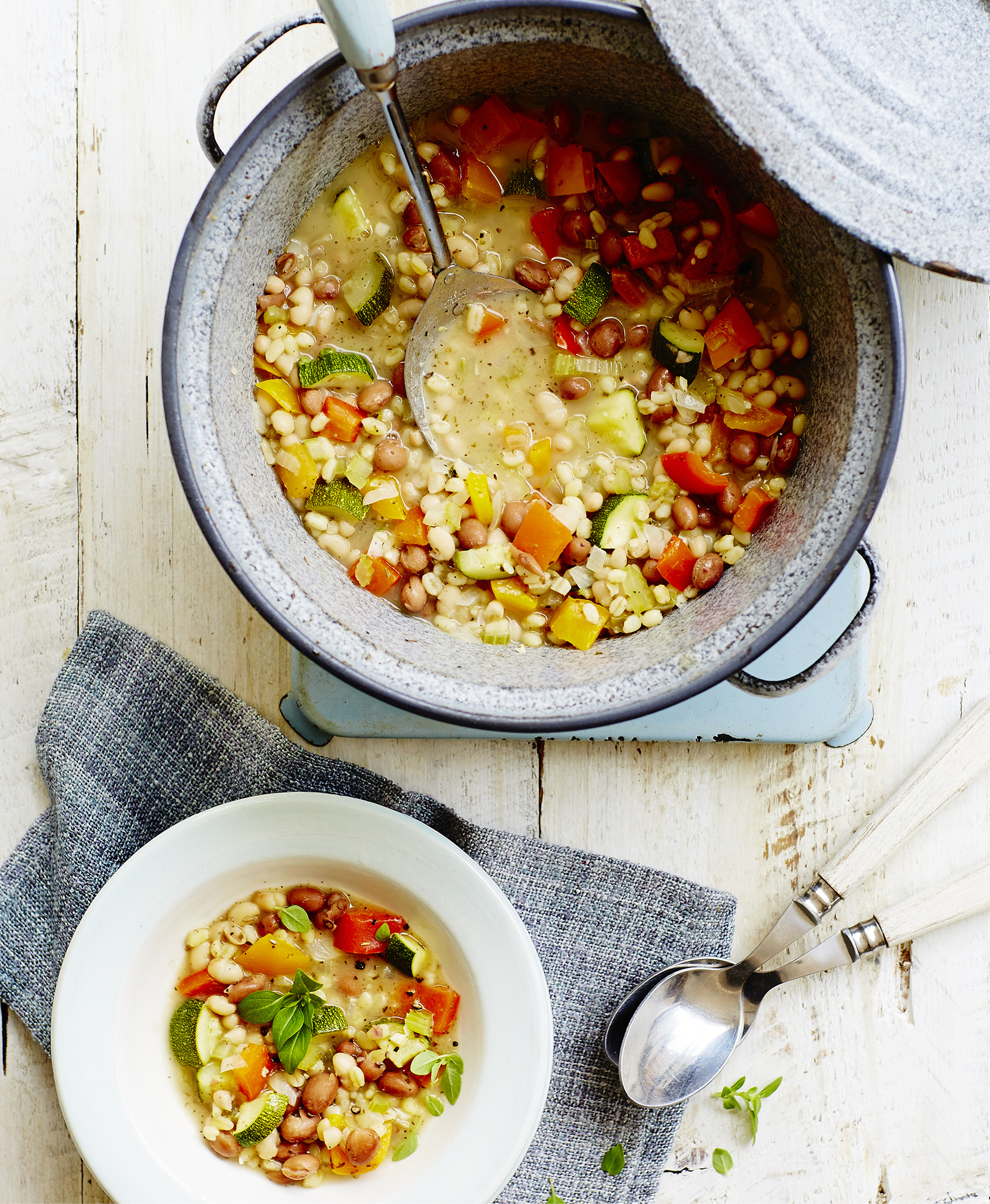
INTRODUCTION
It is increasingly common to live in a house in which at least one person is vegan. Veganism is steadily becoming one of the most popular diets worldwide, with people adopting a plant-based diet for reasons varying from environmental and animal welfare concerns to personal health. Vegans exclude all animal products from their diet this includes meat, fish, eggs, and dairy, but also any product with an ingredient derived from animals. Some of these, such as certain brands of orange juice, may surprise you! If you or a family member has decided to make the switch its natural to have a few concerns. You may worry about maintaining a balanced diet or about finding somewhere to eat out. If its your child who has decided to go vegan, perhaps youre worried they wont get enough calcium or iron.
The introduction pages are written with this in mind they tackle the myths of veganism, suggest the best animal product substitutes, advise on shopping and storing, and give you a full understanding of the nutrients the body needs and how to source these through a plant-based diet. The good stuff boxes on many recipes offer useful nutritional information and highlight the health benefits of each dish. From hearty, healthy mains to delicious but not-so-naughty desserts, the 100-plus recipes in this book are designed to cover everyones wants and needs. It is often easier to make the change to veganism gradually and not everyone in the household may be following the same diet. The flex it boxes are written for convenience and flexibility, so home-cooked meals can be eaten by vegetarians, pescatarians, meat-eaters, and flexitarians with just a few tweaks and additions to the recipes. Eating a balanced diet is vitally important for all of us so a switch to veganism for one member of the household can be a good time to reconsider the whole familys eating habits.
Discover the powerful potential of plant-based foods to take centre stage and to keep the whole household happy and well fed. 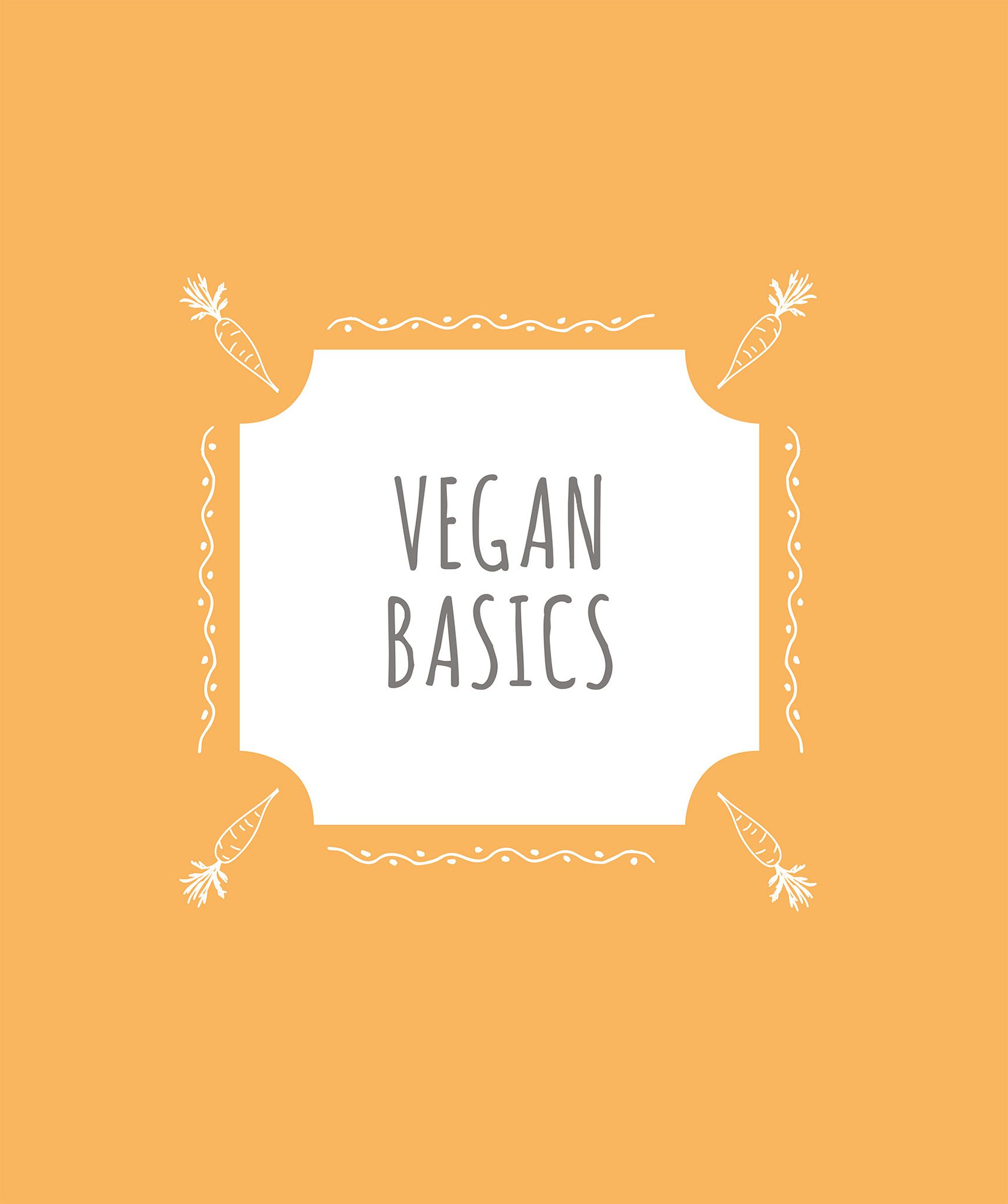
MYTH-BUSTING
Adopting a vegan diet is a personal choice and is often based on nutrition, animal welfare, or the environment. As with many alternative dietary choices, there are some common misconceptions. Here, the top myths that surround veganism are dispelled.
ITS NOT HEALTHY!
YES, IT CAN BE... What constitutes healthy for anyone is a varied and broad diet, and many non-vegan diets may be very unhealthy if nutrition isnt considered.
Vegans have the same nutritional needs as everyone else, so think about balance, eating a variety of colours, and ensuring you get enough of all the food groups. Protein is often a big worry as traditionally this comes from chicken, meat, fish, and dairy but there are plenty of plant-based sources too.
VEGANS ARE ALWAYS TIRED
NO, THEY ARENT... As long as you dont load up on convenience foods, you will have plenty of energy. You just need to ensure you are getting any nutrients typically found in animal products, such as calcium and iron, from other sources.
A VEGAN DIET IS EXPENSIVE!
IT DOESNT HAVE TO BE...
A VEGAN DIET IS EXPENSIVE!
IT DOESNT HAVE TO BE...
As with all diets, the cost greatly depends on how much you cook from scratch. The most efficient way to economize is to plan your weekly cooking and shop accordingly. Expensive convenience foods can be avoided. Instead, rely on fresh produce. You will actually be making a saving by not buying meat and fish, as they can be expensive. Instead, gradually build up a store cupboard of dried goods.
This means you can always make a meal on a budget.
THE FOOD IS DIFFICULT TO PREPARE!
IT CERTAINLY ISNT... Vegan cooking can actually be easier than cooking with meat, fish, or dairy, as vegetables are very forgiving and adaptable. Cooking techniques are also largely the same, making the transition easy. Roasting, griddling, and barbecuing will draw out the best flavours from some vegetables, and grilling, poaching, or steaming can be used for fresher flavours. The only difficulty really lies in being adventurous, but this can be taken slowly.
Start by adapting nostalgic comfort foods and gradually build up your recipe repertoire.
VEGAN FOOD IS BORING
NO, IT ISNT... People tend to think that a vegan diet consists of kale and salads. The reality is that a plant-based diet can be full of extremely tasty and varied food. Its best to focus on getting a range of fruits, vegetables, and other plant-based foods into your diet rather than think about what youll be cutting out. The key is to experiment with flavour so your palate is sated; this way, you wont feel like something is missing.
Season your food well to enhance the flavours.
ITS IMPOSSIBLE TO EAT OUT!
NOT ANYMORE... Eating out is no longer a problem, as many places now offer a vegan option and there are increasing numbers of purely vegan restaurants. Many world cuisines have dishes that are traditionally vegan or can be easily adapted. Chinese restaurants have lots of tofu and vegetable dishes to choose from, but be on the alert for hidden fish-based pastes and sauces it is always wise to ask. Indian cuisine often has lentil or vegetable specialities, but watch out for ghee and yogurt used in the cooking.

